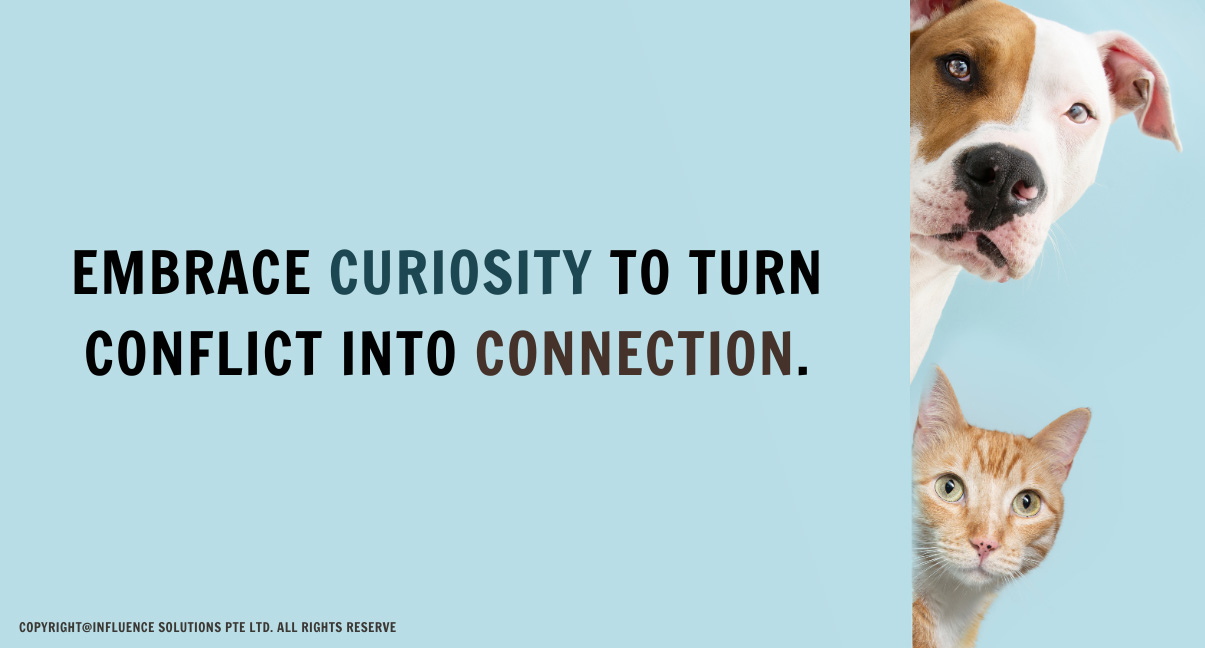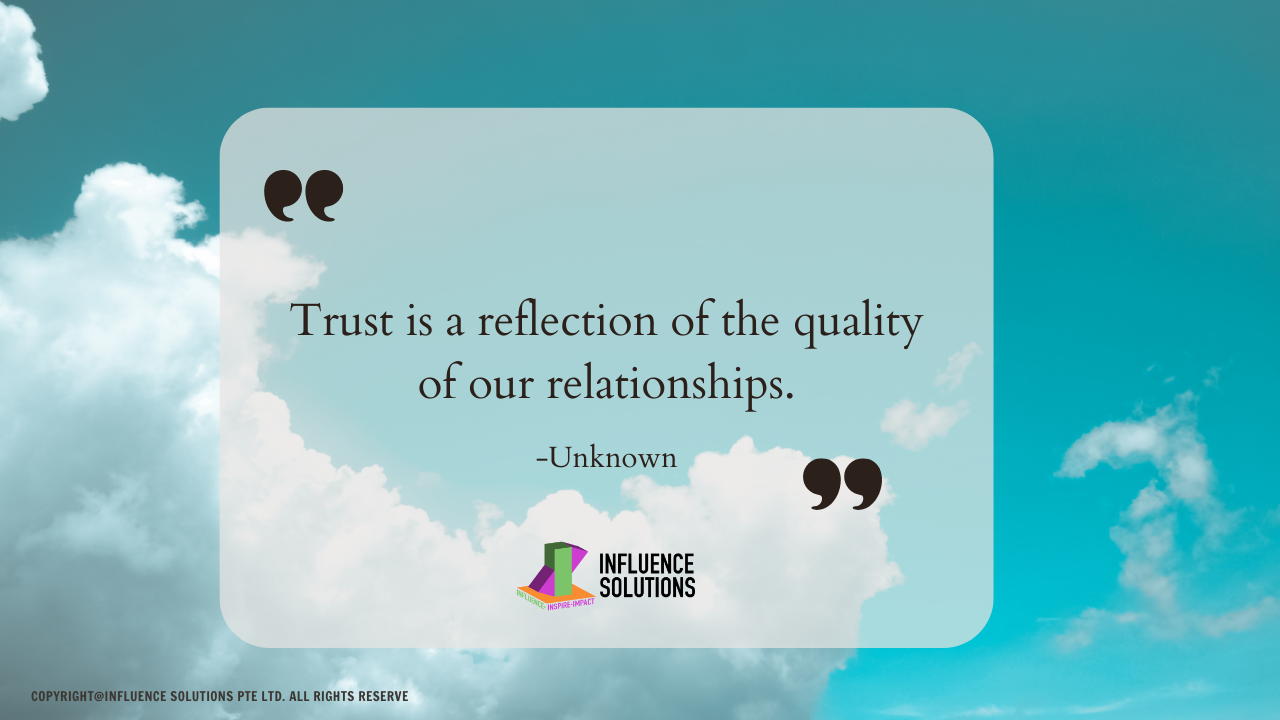March 2025 F.I.R.S.T. Newsletter 1 – How to Build Trust with Someone You Don’t Like (But have to work with)
Happy March!
To support you in being F.I.R.S.T. (Future-Ready. Innovative. Relevant. Strategic. Trusted.), here’s 1 tip and 1 quote.

The F.I.R.S.T. Tip
Trust comes easily when you naturally connect with someone. But what happens when you have to collaborate with a colleague you don’t get along with? Whether it’s clashing personalities, differing work styles, or fundamental disagreements, avoidance isn’t an option. Worse, a strained relationship can affect team dynamics and take a toll on your own mental and emotional well-being.
The good news? Trust can be rebuilt—even in challenging relationships—with intentional effort and if you see the value in doing so.
1. Shift from Judgment to Curiosity
One of the biggest barriers to trust is a lack of empathy. When we make snap judgments about a colleague’s motives or character, we close ourselves off to understanding their perspective.
Instead of focusing on why you dislike them, shift your mindset to curiosity.
Ask yourself: What pressures are they facing? What experiences shape their perspective?
Curiosity fosters empathy, which in turn strengthens trust. In your next conversation, try approaching them with a discovery mindset. Instead of assuming their behaviour is personal, seek to understand their reasoning. This small shift can open the door to better collaboration.
2. Find Common Ground
Even people with vastly different personalities and work styles often share common goals and core values. Identifying these can create a bridge for collaboration.
Research shows that when people feel they are working towards a shared purpose, they are more likely to cooperate, communicate openly, and support one another.
A simple way to establish this? State the shared goal or your intentions explicitly: “I know we both want this project to succeed—how do you think we can best get there?”
This reframes the conversation from me vs. them to us vs. the challenge—a subtle but powerful shift in building trust.
3. Establish Reliability and Small Wins
Trust isn’t built overnight—it’s earned through small, consistent actions. Even minor gestures of reliability can gradually shift a difficult relationship.
For example, meeting deadlines, following through on commitments, and offering help in small ways can create a sense of dependability. Over time, these small wins accumulate, fostering mutual respect and reducing friction.
At the end of the day, you don’t have to like someone to work well with them. But you can turn a difficult relationship into a productive one and improve your wellbeing—one small step at a time.
The F.I.R.S.T. Quote






